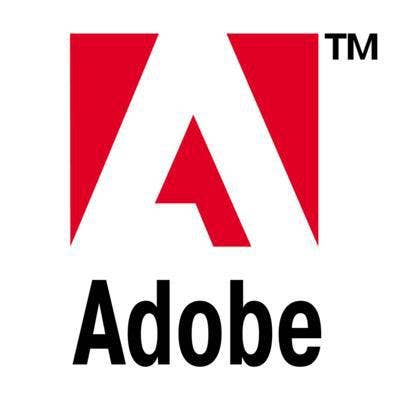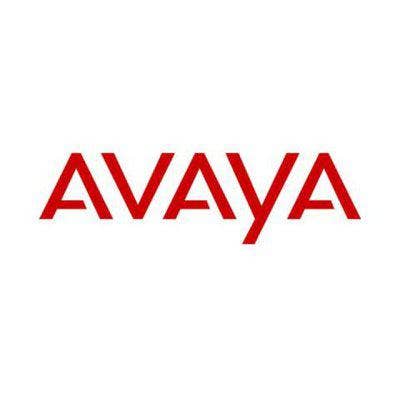5 Companies That Came To Win This Week

1. Adobe Changes Its Tone With Apple
Adobe was furious with Apple when it started its shenanigans with Flash, but this week the company underwent a marked strategy shift. Instead of railing against Apple's arrogance, Adobe is now pledging its love for Apple and the notion of openness in general in an advertising campaign that launched this week.
Adobe seems to be throwing the entire matter to the court of public opinion. Apple fans surely won't buy it, but consumers who've been watching Apple throwing its weight around lately might start rooting for the underdog in this case.

2. Polycom Brings In Enemy Intelligence
Polycom this week tapped Andrew Miller, the former CEO of Tandberg, one of its biggest rivals, as its new CEO, replacing the retiring Robert Hagerty. Miller has been with Polycom since July 2009, driving strategic partnerships with the likes of Juniper, Avaya, Digium.
Polycom's first quarter beat expectations and VARs see the company going in a positive direction. Miller left Tandberg in 2006, so he may not be able to relay much new competitive intelligence. But if he's able to continue Polycom's forward progress, it could add a psychological aspect to the battle.

3. AMD Speeds Chips, Leaves Prices The Same
When technology vendors add more power and functionality to their products, they're usually looking to jack up prices. That wasn't the case this week, though, as AMD unveiled a faster set of Athlon II processors and kept prices in line with its existing offerings. AMD's new top-line X4 640, a 3.0GHz, 95-watt quad-core CPU, is expected to sell for around $122.

4. Avaya Plays The Openness Card With SIP
Avaya says it has finished streamlining its channel programs and has got a handle on the integration. Avaya won't make any more changes and is now striving for predictability, executives told attendees at this week's ScanSource’s 2010 Catalyst Telecom Partner Conference in Myrtle Beach, S.C.
Avaya sees its session initiated protocol (SIP)-based offering, centered on its virtualized UC platform Aura, as a key point of differentiation from rivals like Cisco and Microsoft. Avaya says these companies are looking to protect their own vertical stacks while it's embracing a more open approach.
’They’ll give you e-mail, directory, IM, as long as it’s theirs. We fundamentally believe the innovation will be at the application layer," Todd Abbott, senior vice president of global sales and marketing and president of field operations for Avaya, told CRN this week.

5. EMC CEO Tucci Says Mark Hurd Is Wrong
No one tells Mark Hurd that he's wrong. No one!
And yet, this week at EMC World, EMC CEO Joe Tucci did just that. Asked to comment on HP CEO Mark Hurd's vow to drive down margins in the networking and storage business, Tucci pointed out that HP makes a killing on printer ink. "This is the guy that makes how much money?" he quipped.
EMC is a software company, and there are always good margins in software, Tucci explained. He took another jab at HP by noting that EMC hasn't been buying systems integrators and is therefore immune to the channel conflict such deals can create.
Tucci is essentially echoing the stance of HP foe Cisco, its cloud computing joint venture partner. But it's still fun to see this kind of feistiness being displayed in a storage industry context, which isn't known for trash talk.